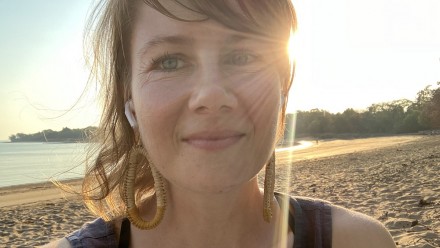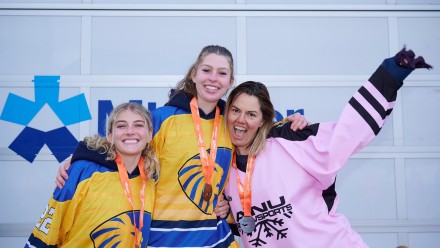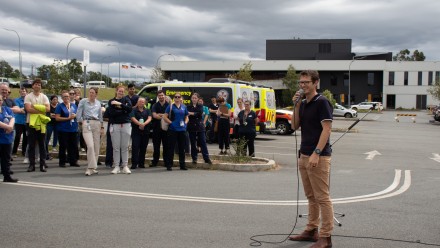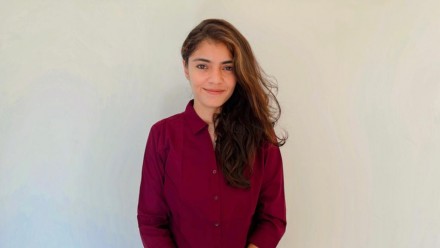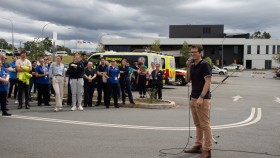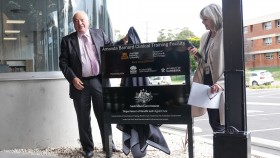Forced rethink of physiotherapy business creates unexpected results
By Ms Janki Patki
Being a sports enthusiast and someone who always wanted to take up a career in medicine, opting for sports physiotherapy was an expected turn of events. However, due to very limited opportunities in this field for women in India, I got my first break after spending four years in other physiotherapy domains. I am Janki Patki and I work as the Lead Sport Physiotherapist at a Sports Rehab and Athletic Training Studio.
A Sports Physio must spend almost 90% of their time on field or in fitness training centres, working closely with athletes and other fitness enthusiasts. The day the COVID-19 pandemic hit India, everything came to a halt as if someone had pulled the hand brakes on my career.
One of the industries that got severely impacted by the pandemic was the sports and fitness industry. I went from working 8-10 hours a day to suddenly doing nothing. Initially for a couple of weeks it seemed all cool that I got a very well-deserved break and could spend a lot of time with my family. But I am a workaholic and as the lockdown progressed, I really struggled. I literally had no idea what to do throughout the entire day. Our financial stability had also gone for a toss, making the situation very stressful. I shared my concerns with my husband who has also been my best friend for years and a sportsperson himself. He suggested that this was the time to invest in ourselves, and so we started working on our own fitness – physical and mental. As soon as we began though, I realised how difficult it was to get my husband involved in a daily fitness routine - it was a humungous challenge! However, I had dealt with similarly reluctant patients and athletes in the past, and so I tackled my biggest challenge which I never dreamt would be waiting for me at home. I am glad I was able to use my knowledge and experience to make our personal lives better and help us deal with one of the worst lockdowns in India.
After a few months, when the government extended concessions to paramedical professionals, there was already a great sense of awareness in the country of having a healthy lifestyle, and its importance in the COVID recovery process. This gave a rise to a new concept “Online training sessions!” People became comfortable with online physiotherapy sessions. I started with a small batch of 7 members, gradually increasing to 20. This was a great learning experience for me as I had to not only upskill myself but also had to keep innovating, to make my training programs fun and engaging. I also wanted to further strengthen my foundation in the strength and conditioning domain, so I enrolled myself into ASCA (Australian Strength and Conditioning Association) Level 1 certification program. In this course I learned the key skills of how to plan, design and execute training programs for athletes from amateur to elite level. It was a 6-month course in which I had to complete assignments and give practical demonstration of the techniques learnt during the course. All this hard work bore fruit; now I am proud to be an ASCA Level 1 coach!
Later, I started seeing my clients at their homes as gyms and clinics were still closed. The post COVID recovery sessions were the most challenging as most of these patients had multiple issues related to joint pain, breathing difficulty, fatigue, sudden weight loss and loss of appetite, compounded by anxiety due to isolation and depression due to the loss of their loved ones.
On 30 December 2021 I, and my entire family, tested positive for COVID. This is when I realised that being in isolation was no easy task. It took a toll on my mind more than it impacted me physically. I was able to empathise with all those who had had mental roadblocks to recovery. By the time I recovered, all the restrictions for the sports and fitness industry were lifted and we could again begin our practice on field, I heaved a big sigh of relief.
It is difficult for me to summarise the last two years in a page; this pandemic has impacted the entire world in such a major way. Compared to a lot of other people, I feel lucky. It surely made me appreciate the little things in life more, be it spending time with loved ones or focusing on personal well-being and happiness. Today, I can certainly say that I dealt with the changes the pandemic brought about well, and that I have become a better person physically as well as mentally!





